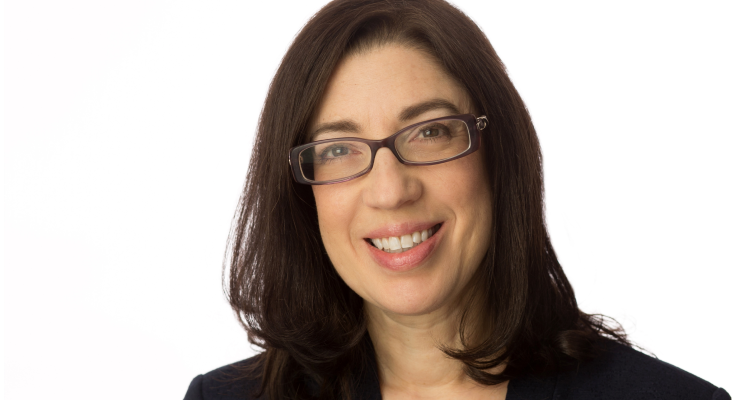I am 37 years old, married with three children. I have a credit card debt of $21,000 with a 24% interest rate. I also have a time-limited, no-interest credit card balance of $10,848 that is due September 2023. I have $14,000 in liquid cash and $9,000 accessible in a retirement plan. My net income is $2,800 per month. How should I approach paying off the credit card debt within two years?
-Shalana
Figuring out the best way to manage credit card debt can be tricky, especially with limited-time low- or no-interest rates involved. The rules for these cards differ, but generally any balance not paid off before the promotional rate expires could accrue retroactive interest. That can increase your balance substantially, making it even harder to pay down credit card debt.
For many people, the most effective approach would be to pay the no-interest balance in full before the due date, even if they have to dip into savings to do that. After that, the focus should shift to paying down the remaining credit card debt while trying to avoid adding to it. With a strong credit score, you might be able to get another no- or low-interest card or a personal loan with a lower interest rate, which you can transfer your high-interest debt to. This would help you pay your total debt off faster as long as you can do it within the promotional period. (And if you need additional help managing debt, consider speaking with a financial advisor.)
Planning to Pay Down Credit Card Debt

The most effective way to tackle credit card debt? Start with a plan. First, create a credit card debt inventory list that includes the card, the balance, the current interest rate and the minimum monthly payment for each card.
Once you’ve put that information together, rank the debts based on their interest rates, from highest to lowest. You should prioritize paying down the card with the highest rate, paying as much as you can on it while still making at least minimum payments on the others. This strategy will help minimize the monthly interest burden so you can pay down your total debt faster. (A financial advisor can help you identify which debts to prioritize.)
How to Use Promotional Rate Cards to Decrease Debt
Transferring high-interest credit card debt onto a temporary low- or no-interest card can save you hundreds or thousands of dollars in interest, but only if you do it properly. It’s important to follow a few rules to make sure you don’t end up with even more debt:
- Once you make the initial balance transfer, don’t use that card for anything else – no additional transfers, purchases or cash advances. If you do, any payments you make will be applied to those first, leaving the original balance intact.
- Make every minimum monthly payment on time. If you miss or are late for even one monthly payment, the promotional rate will disappear and be replaced with a much higher rate.
- Pay off the entire balance before the promotional period ends. If you don’t, you may owe retroactive interest at the new, higher rate on any balance left unpaid. That can add a sizable sum to your debt.
If you can manage it, transferring some or all of your existing debt onto one of these promotional cards can make good financial sense. Look for the card with the lowest rate and the longest promotional period. (And if you need help with other areas of your finances, consider working with a financial advisor.)
Should You Dip Into Savings?

It may feel uncomfortable to use a chunk of savings to pay off credit card debt, but for many people, this can be a better financial choice. Even if your money is in a high-yield savings account, the interest rate pales in comparison to the rates you’re paying on your credit card debt. And once that debt is gone, you can funnel what you were paying back into your savings to eventually replenish that account. (And if you’re not sure how much of your savings you should use to pay down debt, talk with your financial advisor.)
Should You Tap Retirement Accounts to Pay Off Debt?
Using retirement funds to pay down credit card debt isn’t as simple as it sounds. First, in most cases, your withdrawal will be taxed, with a 10% early withdrawal penalty tacked on. That minimizes the amount available to make debt payments. Second, your retirement nest egg will take a double hit: the money you withdraw plus all of the future earnings that money would have generated. Third, it can be complicated to choose which investments within your retirement accounts make the most sense to liquidate.
If you’re considering pulling money from retirement accounts to pay down debt, it’s strongly recommended to consult a financial advisor. They can help you figure out how to do the least damage to your future finances or suggest other options for paying off your debt. (And if you need help finding an advisor, SmartAsset’s free tool can match you with up to three advisors.)
Bottom Line
The best way to pay off credit card debt depends on your specific situation. Using a combination of savings and low- or zero-rate balance transfers can minimize interest while you’re paying down the debt. You may also want to consult a financial advisor for help figuring out what makes the most sense for your whole financial picture.
Tips for Finding a Financial Advisor
- Finding a financial advisor doesn’t have to be hard. SmartAsset’s free tool matches you with up to three vetted financial advisors who serve your area, and you can interview your advisor matches at no cost to decide which one is right for you. If you’re ready to find an advisor who can help you achieve your financial goals, get started now.
- Consider a few advisors before settling on one. It’s important to make sure you find someone you trust to manage your money. As you consider your options, these are the questions you should ask an advisor to ensure you make the right choice.
Michele Cagan, CPA, is a SmartAsset financial planning columnist and answers reader questions on personal finance and tax topics. Got a question you’d like answered? Email AskAnAdvisor@smartasset.com and your question may be answered in a future column.
Please note that Michele is not a participant in the SmartAdvisor Match platform.
Photo Credit: ©iStock.com/Kiwis, ©iStock.com/SARINYAPINNGAM
